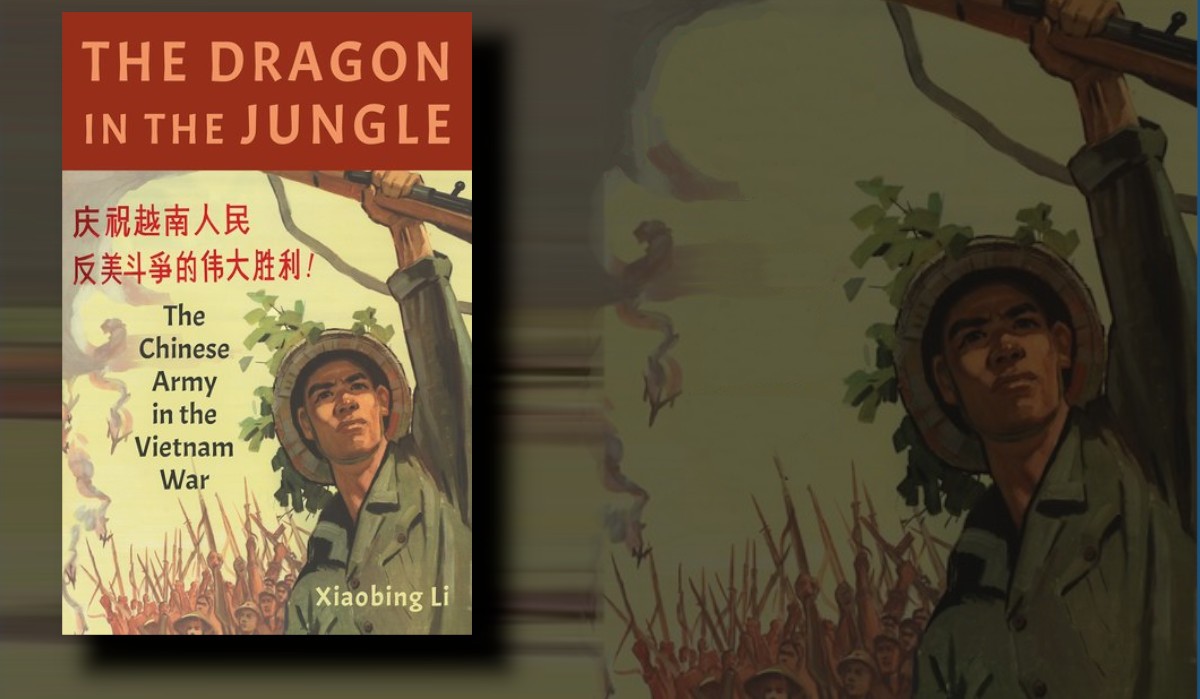It was bound to happen: the Australian cricketers have now been compared to diggers. ‘Australian values’, apparently mislaid by the Australian cricket team last month, are safely embodied in 'our Diggers’ according to Greg Sheridan in The Australian, but who are these diggers? While athletes continue to maintain high individual profiles, 'diggers' are still morphed into one vaguely historical, khaki mass, and it is highly likely the public would be pressed to name one.
Anzac Day is the time for talking about 'national identity' and 'the spirit of the digger', but individual members of the ADF are rarely named or known to the public. Sportsmen, their strengths, their faults and their wives are scrutinised to the point of overwhelming public interest but ask a member of the public to name a digger and they might come up with a Victoria Cross recipient at best. Even the VC winners are rarely mentioned in the media as individuals anymore, but rather associated (rightly or wrongly) with some political cause. It appears that their character and the values for which they are recognised have faded with the unpopularity of the war. Along with decorated soldiers, other ADF members we might expect the public to know are veterans. However, even the Invictus Games, the place where individual success should be the focus, is becoming distracted by more references to the Department of Defence than the athletes themselves.
Similarly, digger mythology is kept conveniently ambiguous and de-identified. It provides an ideal quality to which everyone can aspire, but which no one (thankfully to them) can attain. It is a phantasm that is both heroic and pragmatic; one that exists beyond mortal reach but is nevertheless grounded in the pioneering character of bushmen and bushwomen. Rather cleverly, the identity of the digger creates an association between one characterisation and another without ever referring to the professional context. Taken out of context, as long as the image remains no more than a brand, no one in the community has to engage with the reality of the modern soldier.
The trend to adopt a disassociated figure as a national symbol reached a curious level in 2007 when an Australian newspaper nominated ‘The Aussie Digger’ as its own ‘Australian of the year’. The fact that an anonymous generalisation seemed to hold higher status than an actual individual is ironic for a symbol that originally celebrated the characteristics of the individual. In this case, the qualities of a soldier had been uncoupled from the person and generalised into a social ideal. We see this practice when a politician honours ‘the digger’ and it is assumed the reference is not to an individual; however, when specific actions of the individual digger are questioned, criticism is swift.
Specific recognition of a soldier returned briefly in 2010 when Mark Donaldson VC was awarded Young Australian of the Year, but cricketers still outweigh diggers in the national awards (Steve Waugh 2004, Mark Taylor 1999, and Alan Border 1989). Ten years after that same newspaper made the ‘collective digger’ their own Australian of the Year, they gave the award to Steve Smith. It is unlikely he will be joining his predecessors now.
So, what of cricketers and diggers? Are they really so far apart? They both play for Australia, but last time I looked, no digger was earning $38,000 a week. Both cricketers and diggers spend considerable time away from home, but diggers can’t take their families with them. Do diggers bend the rules? Necessarily. Do they get caught? Seldom. Do they fall on their sword? Often. Same so far. But perhaps the difference Sheridan is alluding to is the quality of selflessness. If it is selflessness, which best represents the Australian definition of ‘heroism’, maybe Australian cricketers are not like diggers after all.
In her article ‘Battlefield or Cricket Pitch: The Test of a Nation’, journalist Gabrielle Chan quotes Helen Irving that “…sport brings us together because it unites us as a community, affects all classes and social groups, whether as participants or spectators, and combines high achievement with ordinariness”. Chan follows, “Perhaps the same could be said about war. And perhaps that's why Australian icons are invariably sports stars or diggers”. Except they’re not. They are sport stars or ‘the diggers’, not any particular digger, just a representation.
Drawing parallels between diggers and sportsmen highlights a rather concerning lack of awareness of who these diggers actually are, and further widens the societal problem known as 'the civil-military gap'. What to do? A US non-profit public charity program ‘Got Your 6’ runs a campaign for veteran awareness called #IAm. The campaign’s power comes from its ability to normalise the veteran in the community. That seems achievable. If we could just normalise the digger in the community, then journalists might be able to name one.




